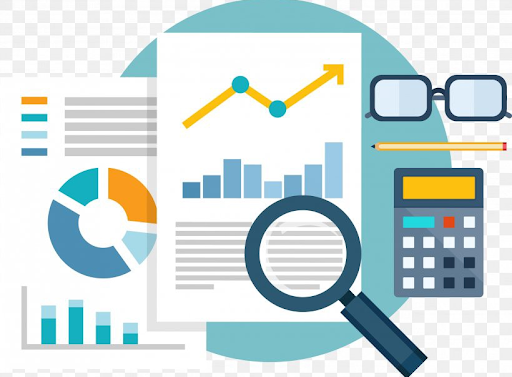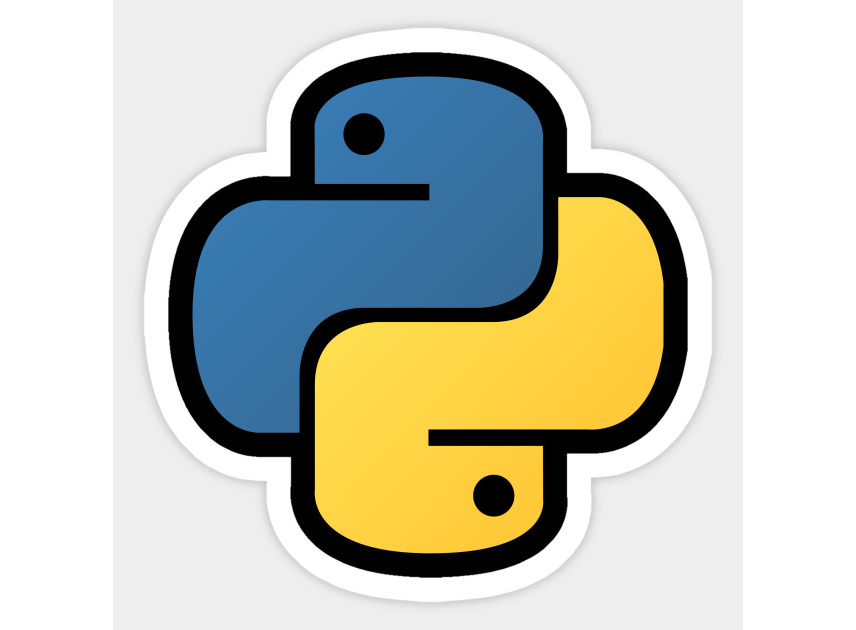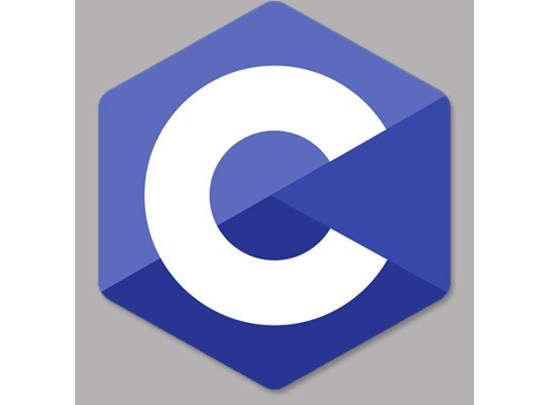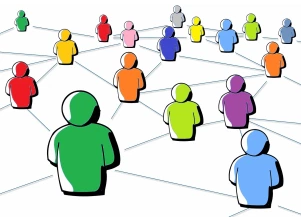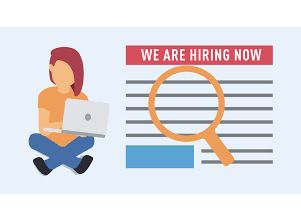Tools for Your Success: SEAS Your Future
GW Engineering wants to provide current students in the GW School of Engineering and Applied Science with the tools you need to succeed. Whether you are preparing for a future course, internship or just want to learn something new, this webpage has resources to give you that edge: Technical Skills, People Skills, Academic Skills, and Career Development.
LinkedIn Learning is free to GW students, faculty and staff. To learn more about accessing this resources visit the GW IT website.
Technical Skills
Learn how to efficiently manage and analyze data using excel. Enter and organize data, perform calculations with simple functions, and format the appearance of rows, columns, cells, and data.
Learn how to use the data analysis and visualization tools built into Excel. Covers basic statistical analysis functions such as mean, median, and mode, as well as histograms, charts, graphs, correlation and covariance functions, and Bayesian analysis.
Learn how to clearly identify the purpose of the writing, write with clear headings, and use plain language. Helpful writing strategies and practices to help readers understand answers are discussed.
Learn how to use Python 3 to create well-designed scripts and maintain existing projects. Syntax and usage of language are discussed, as well as how to use control statements, loops, functions, generators, and decorators.
Learn the basics of coding in Java, including: data types, strings, functions, and loops. Controlling the flow and logic of the code as well as how to debug it is discussed.
This course is an introduction to programming in C. Flow control, variables, and other basic topics are covered as well as advanced concepts such as pointers and memory allocation.
The course highlights three major linear algebra concepts: vectors and spaces, matrix transformations, and alternate coordinate systems.
A SolidWorks certification will help you stand out. Training courses to help improve essential skills will help prepare for the certification exam. A special voucher is available for GW Engineering students.
Learn how to manage units and options; draw and modify objects; work with dimensioning techniques; and use attributes, tables, and external references (XREFs). Useful for civil and mechanical engineering as well as architecture, construction, and manufacturing.
Basic introduction to Matlab and Simulink software. Learn all the applications that this program has for data analysis and data visualization, as well as how to use and create functions to write efficient and useful programs.
A review of fundamental algebraic concepts,derivatives and optimization, statistics, and the basics of probability needed in order to successfully implement machine learning algorithms in Python.
Fundamentals of project management, from establishing project goals and objectives and building a project plan to managing resources and work, meeting deadlines, and closing the project are explained.
Whether you are new or experienced to programming, learn how to create apps for both android and web platforms. Choose from a variety of courses created by the Google development team for self study, online courses and nanodegrees. Take the certification exam to obtain credit for your hard work and newfound skills!
Gain access to free software and resources and a variety of online courses to help strengthen analytics skills at an individual pace. Earn base programming credentials through SAS upon completion of courses. Build advanced skills through the use of free software, webinars, and how to instructional videos.
People Skills
Learn to improve communication skills in a variety of professional scenarios, including meetings, email messages, pitches, and presentations. The four building blocks of communication, people, message, context, and listening, are introduced and how they apply in different circumstances is explained.
The basic skills needed to lead a successful team are discussed. Qualities of effective leadership are explored, including theories of motivation, different leadership styles, effective delegation of work, and connection with the team members.
Learn how to recognize and remove personal creative blocks, connect and communicate with others, combine ideas using play, and construct a collaborative environment to tap into a group’s creative brilliance. Implementing these ideas will embrace a diverse range of ideas.
The best practices for opening the conflict conversation, brainstorming solutions, and coming to an agreement are discussed. Powerful techniques to enhance listening skills and reframe problems to find common ground are also discussed.
The characteristics of being an exemplary team member are highlighted. Learn how to become more self-aware, reliable, and work collaboratively.
Academic Skills
Learn how to improve your memory by employing different tricks such as mnemonic devices, rhymes, stories, and alliteration. Different scenarios presented in the course help explain when each trick can be most effectively used. Useful for note taking and professional presentations.
Learn how to improve study habits to excel in not only test taking but also in the workforce. Tips are discussed to improve reading speed and comprehension, create detailed and useful notes, and to commit the learning to memory.

Practical strategies to increase productivity are discussed. Learn how to get more done in shorter amounts of time and avoid obstacles that promote procrastination.
Career Development
Micro-internships provide the opportunity to explore different career paths and work on interesting projects, as well as allow you to demonstrate abilities to future employers while building a professional portfolio and network.
Learn how to write a resume that stands out and makes employers take notice. What should and should not be included on a resume is discussed, as well as formatting the document to match different job requirements.
Each stage of an interview is described, and tips on what to do the day of the interview as well as how to confidently answer questions and ask interviewer thoughtful questions are given. Tips on how to stand out to the interviewer are also given.
Learn how to present yourself to employers in the best light with a well-designed LinkedIn profile, resume, and cover letter. Tips to make a first (and lasting) impression on the interviewer through phone or video are also given.
Learn what recruiters look for, and how to help them find you. Get a better understanding of the modern job search, and learn how to connect better with the leading recruiters of an industry.
Learn how to communicate effectively on leading social media platforms as well as understand the importance of social media to a business. Learn how to develop a social media strategy.
Learn how to maximize a job search effort by crafting a successful career plan, writing a resume, searching for a job, and excelling in an interview. Discover and identify jobs right for you.
Learn how to understand how to benchmark a job offer and make sure you get what you want. Learn how to answer key questions and identify what parts of a job offer are negotiable as well as creating a reasonable counteroffer.
Learn more about job and internship opportunities as well as virtual career fairs with Google for a number of different career paths. In addition, discover special programs with Google and how to apply. Get advice on resume building and how to prepare for a career with Google.



